Elsevier and Jisc have established an agreement to enable continued reading access for UK researchers and to enable open access publishing. When publishing in eligible Elsevier journals, authors will be able to choose to publish open access at no additional cost to the author.
This agreement is effective until the end of December 2024.
This agreement supports corresponding authors affiliated with a Jisc participating institution (which BU is), regardless of the department in which they work.
Authors who publish under this agreement can:
- Publish their peer-reviewed research open access in hybrid journals, at no charge to the author.
- Publish their peer-reviewed research in fully gold open access journals at a discount on the list price APC.
- Publish eligible articles in a wide variety of participating Elsevier journals across disciplines.
- Rely on high-quality peer-review and experienced editorial support.
You can search for whether the intended journal falls under the agreement here.
Eligibility criteria
- The author must be the submitting corresponding author affiliated with an eligible institution
- Articles must have an acceptance date between 1.1.2022 and 31.12.2024
Instructions for corresponding authors
- Once your article has been accepted for publication in a participating journal, you will receive an email containing a link to the “post-acceptance author journey”. Upon selecting your publishing options, your affiliation will be validated by your institution, and you will be informed if the APC will be covered by the agreement.
- Upon publication, your final published open access article will be made freely available on ScienceDirect, the world’s largest publishing platform.
Other open access publishing options for authors
Authors can continue to choose to publish under the subscription model and self-archive their manuscript (Green Open Access) in line with Elsevier’s sharing policy.
Details of this agreement and others which BU holds with publishers such as Wiley and Springer, can be found here. Any queries, please contact openaccess@bournemouth.ac.uk


 By clicking on this box, on the left of the Research Blog home page just under the text ‘Funding Opportunities‘, you access a
By clicking on this box, on the left of the Research Blog home page just under the text ‘Funding Opportunities‘, you access a 
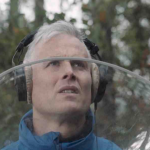
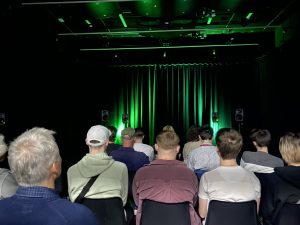
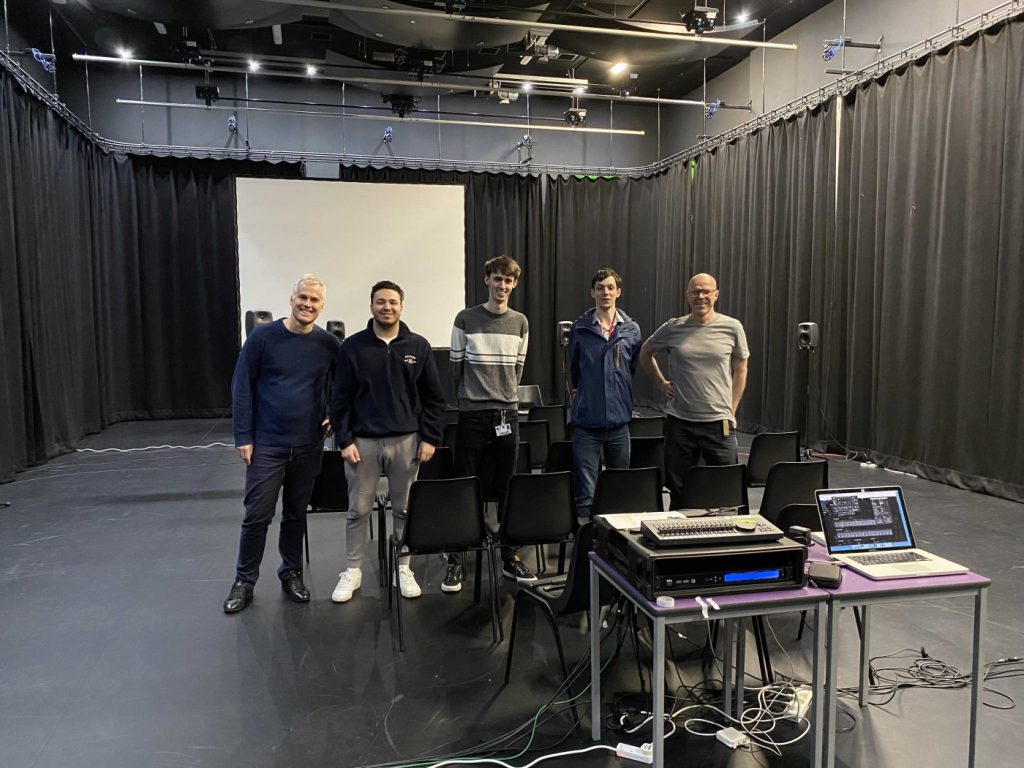


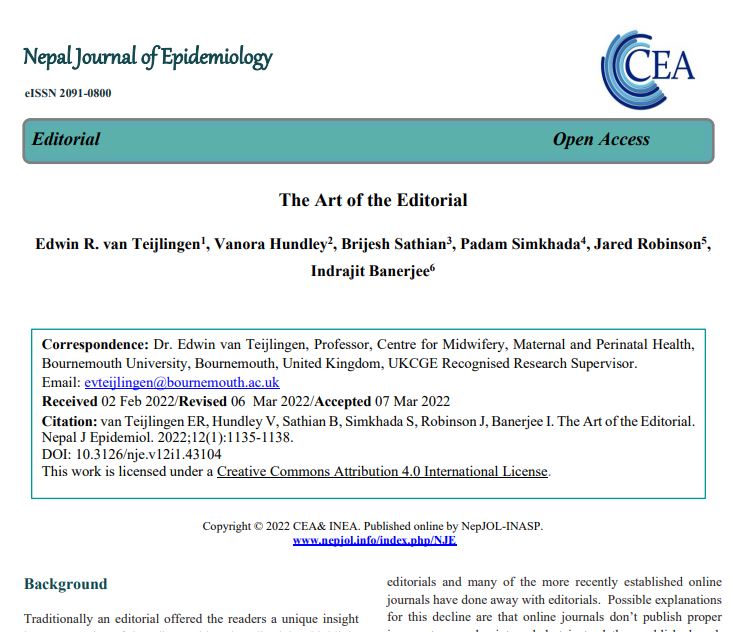

 I am absolutely delighted to be part of the amazing Sea Hero Quest team. Sea Hero Quest is a game for mobile phones in which users solve navigation tasks. With more than 4 million contributors/players it is one of the largest citizen science projects ever. We used Sea Hero Quest to analyse navigation performance of several hundred thousand participants. In
I am absolutely delighted to be part of the amazing Sea Hero Quest team. Sea Hero Quest is a game for mobile phones in which users solve navigation tasks. With more than 4 million contributors/players it is one of the largest citizen science projects ever. We used Sea Hero Quest to analyse navigation performance of several hundred thousand participants. In 
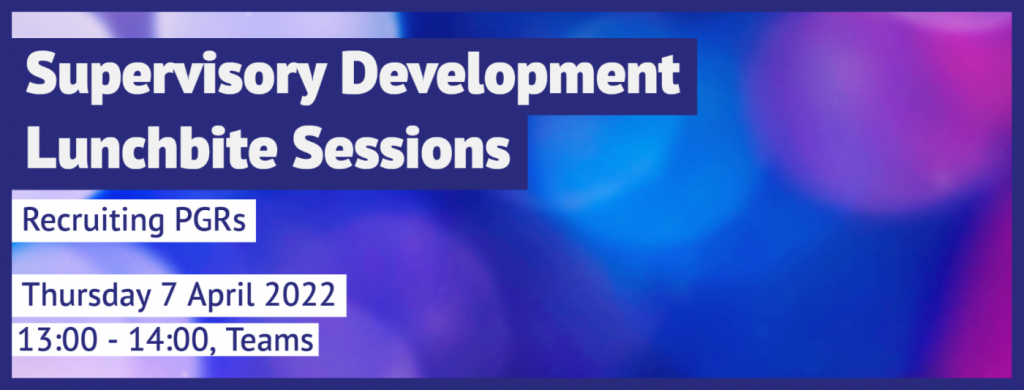

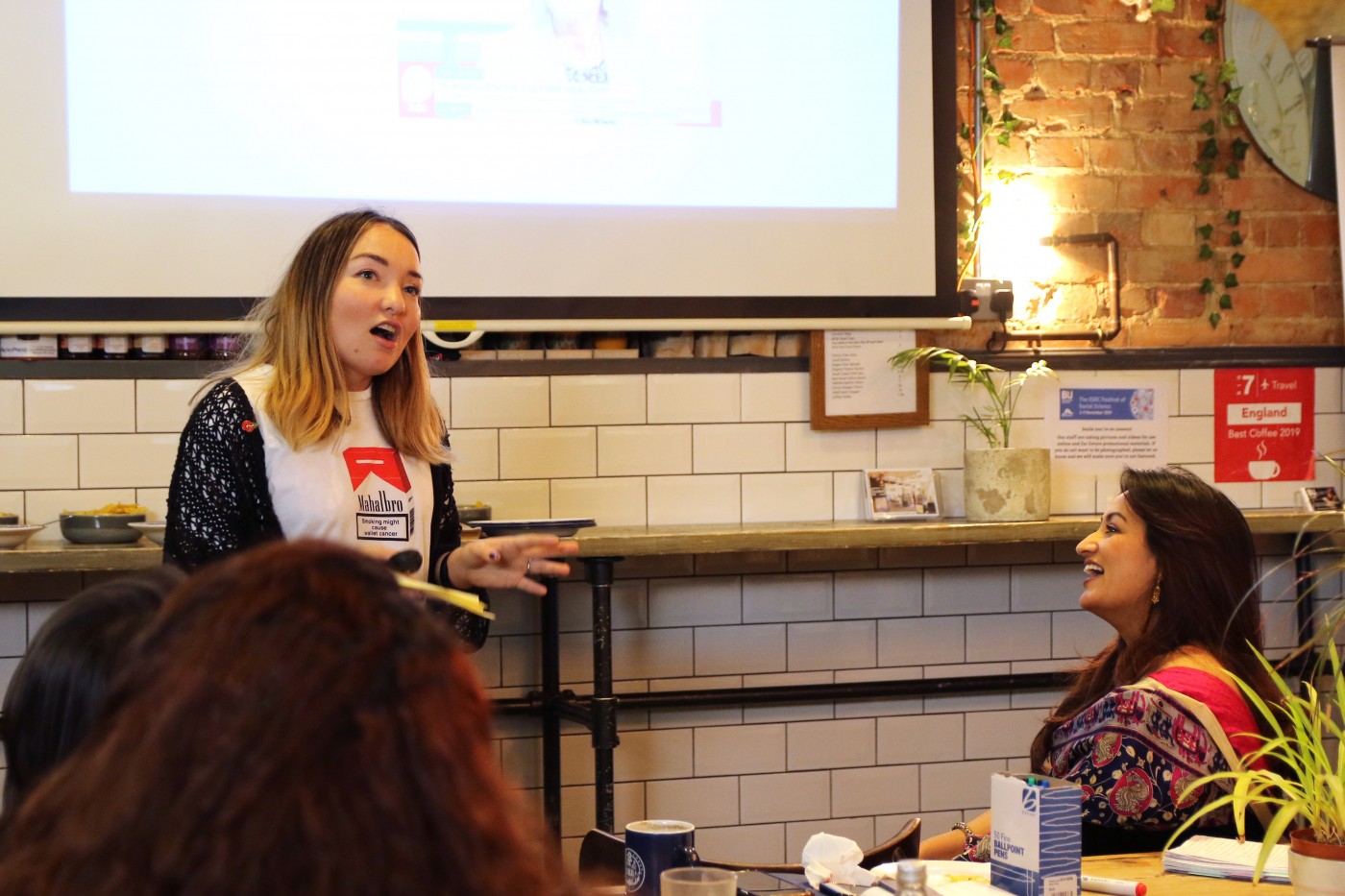
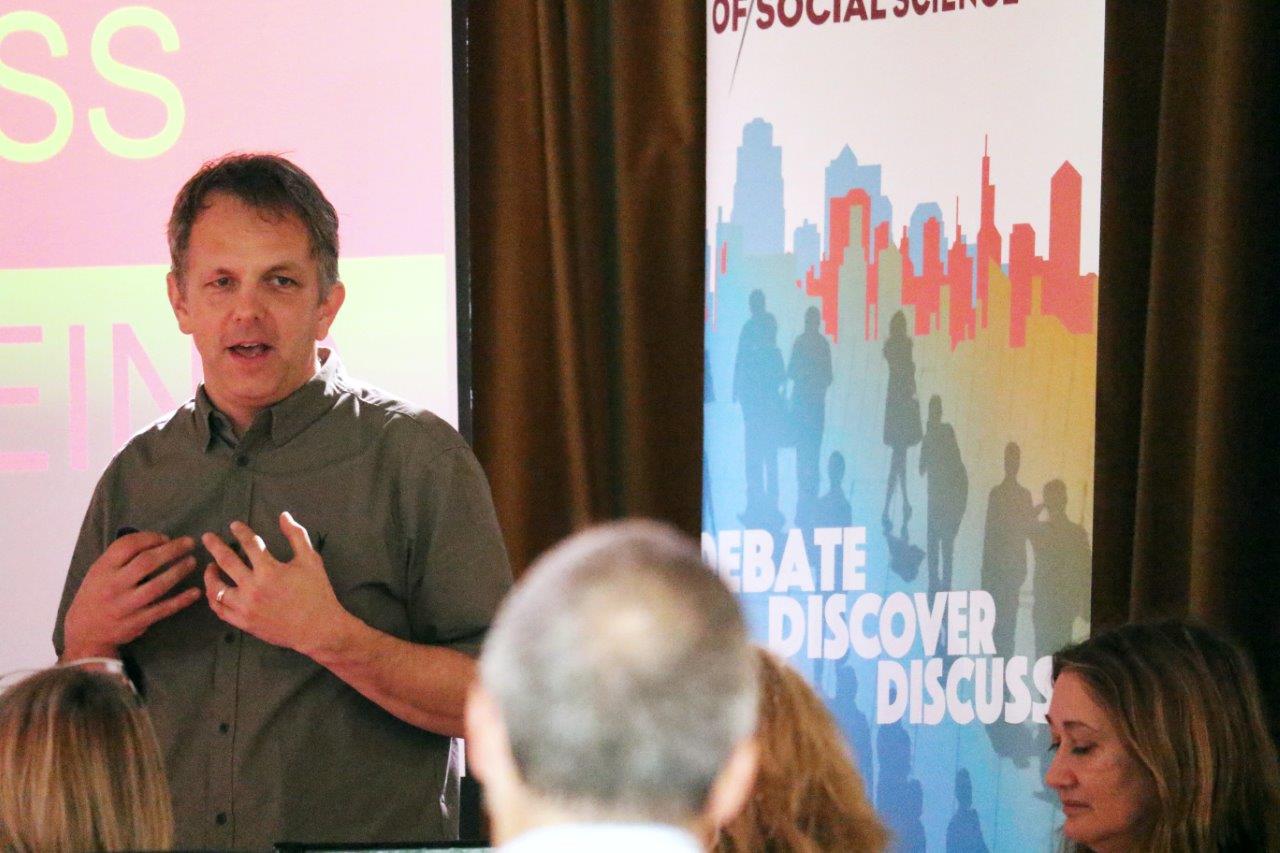
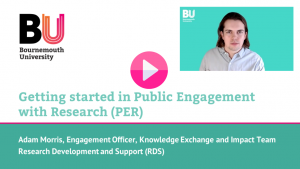
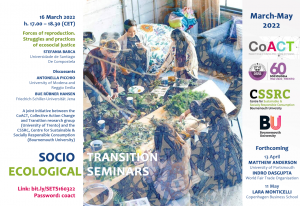
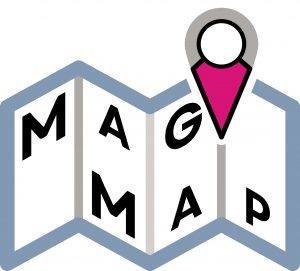 With the help of two BU LLM Public International Law students, over the next weeks, we will be conducting real-time open source documenting of mass graves. Our aim is to catalogue reporting on mass graves found in media outlets, civil society research, official statements. This will include gathering information on the recording of mass graves; the reporting on mass graves; information on victim numbers in mass graves; the protection of mass graves; alleged disturbances of mass graves and, where applicable, the investigation of mass graves.
With the help of two BU LLM Public International Law students, over the next weeks, we will be conducting real-time open source documenting of mass graves. Our aim is to catalogue reporting on mass graves found in media outlets, civil society research, official statements. This will include gathering information on the recording of mass graves; the reporting on mass graves; information on victim numbers in mass graves; the protection of mass graves; alleged disturbances of mass graves and, where applicable, the investigation of mass graves.











 SPROUT: From Sustainable Research to Sustainable Research Lives
SPROUT: From Sustainable Research to Sustainable Research Lives BRIAN upgrade and new look
BRIAN upgrade and new look Seeing the fruits of your labour in Bangladesh
Seeing the fruits of your labour in Bangladesh Exploring Embodied Research: Body Map Storytelling Workshop & Research Seminar
Exploring Embodied Research: Body Map Storytelling Workshop & Research Seminar Marking a Milestone: The Swash Channel Wreck Book Launch
Marking a Milestone: The Swash Channel Wreck Book Launch ECR Funding Open Call: Research Culture & Community Grant – Application Deadline Friday 12 December
ECR Funding Open Call: Research Culture & Community Grant – Application Deadline Friday 12 December MSCA Postdoctoral Fellowships 2025 Call
MSCA Postdoctoral Fellowships 2025 Call ERC Advanced Grant 2025 Webinar
ERC Advanced Grant 2025 Webinar Update on UKRO services
Update on UKRO services European research project exploring use of ‘virtual twins’ to better manage metabolic associated fatty liver disease
European research project exploring use of ‘virtual twins’ to better manage metabolic associated fatty liver disease